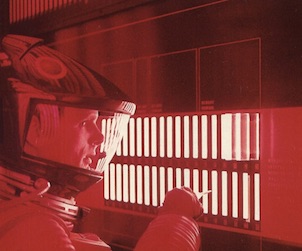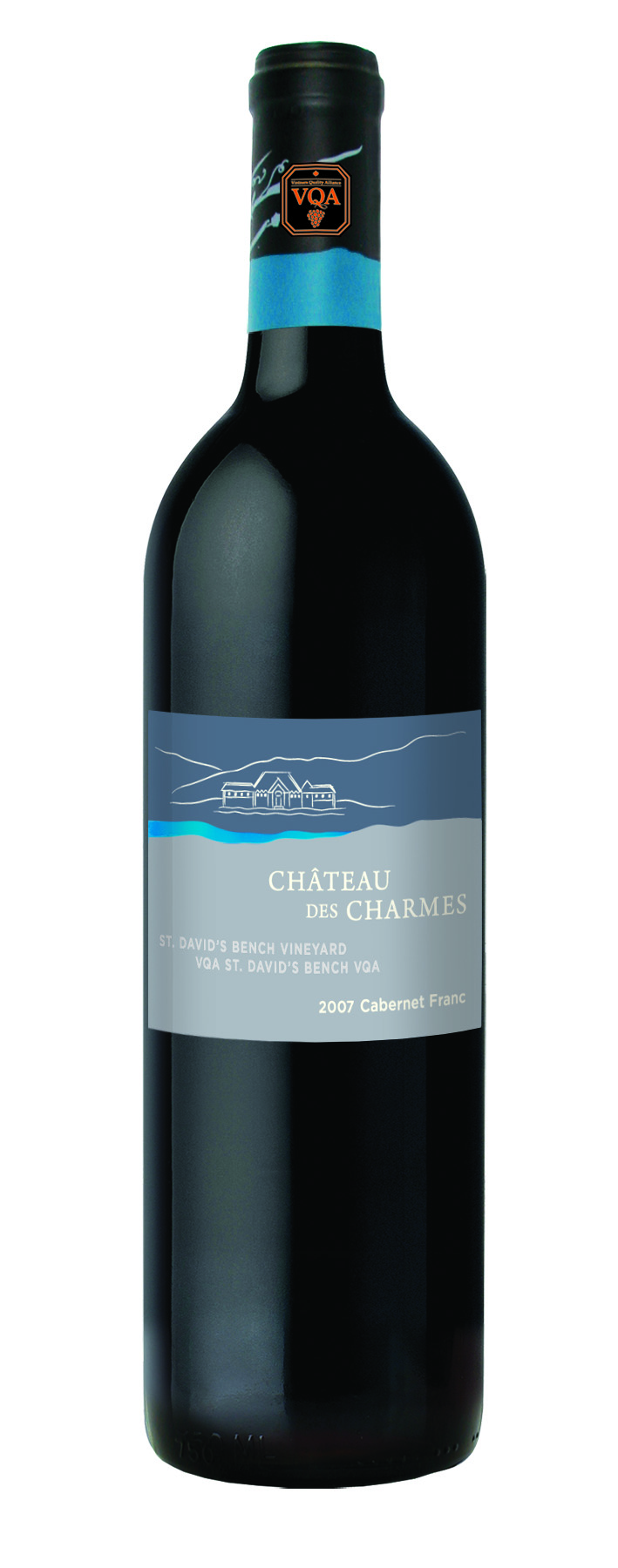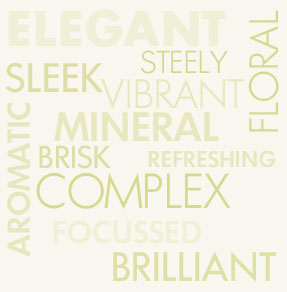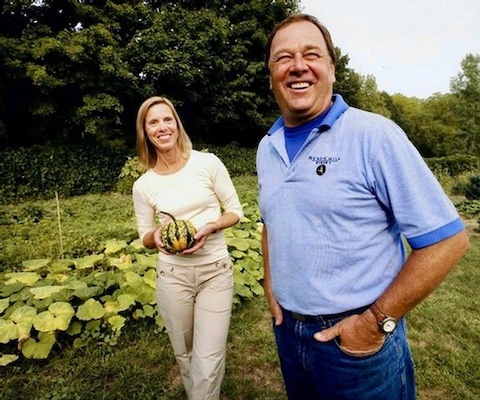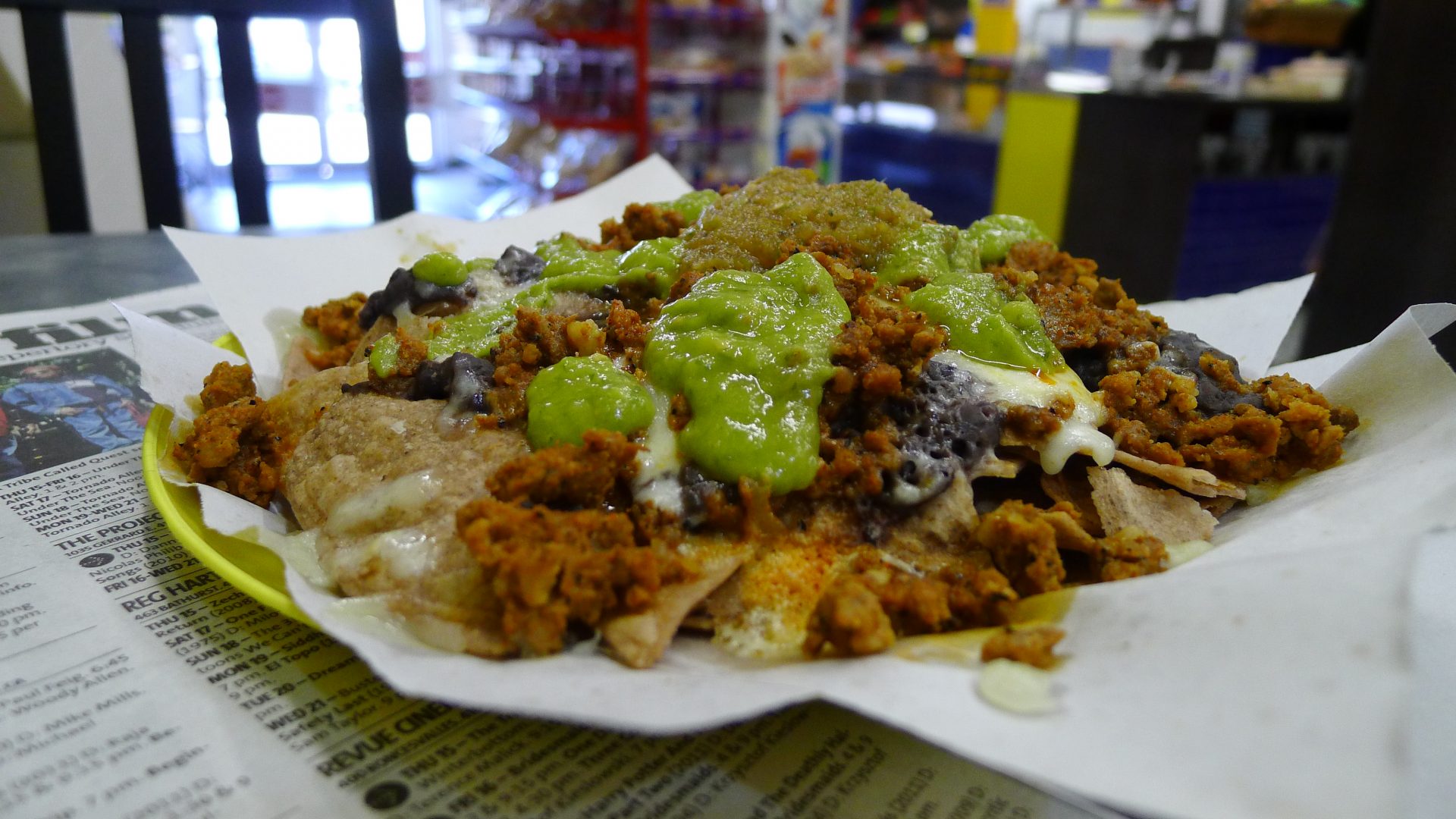Florian Pinel is on the phone from New York. I’ve called him to find out about Chef Watson. Chef Watson is the application of IBM Jeopardy winning super computer’s computations on the realm of gastronomy. Pinel is a computer engineer as well as food blogger at foodperestroika.com. I’m speaking to him, and conducting the interview below, before an event where various computer generated poutines were to be served based on recipes generated by the computer. The prospect is at first horrifying, and then ultimately facinating, so I want to ask Chef Watson’s would-be Doctor Frankenstain exactly how his monster works and what it’s for.
This interview has been edited for style and clarity.
Good Food Revolution: Why is there a Chef Watson?
Florian Pinel: Why Chef Watson? That’s a good question. We started this project about two and a half years ago because our team at IBM were trying to figure out what we could do to push the boundaries of cognitive computing. This was just after the time that Watson won Jeopardy. We though it would be interesting to see if we could add creativity to the palette of cognitive computing tools. Could computers help users be more creative in their work? We focused on food because everybody cares about food, and also we knew we could easily get data from the internet to build a database of ingredients to create recipes that had never been made before.
GFR: OK, but why poutine?
FP: We demo’d Chef Watson at South by Southwest in Austin last year. We had a food truck. Everyday people could vote for a dish on Twitter. At the end of the day we would sit down with our partners from the Institute for Culinary Eduction in New York to create a new recipe based on the winner that we would cook in the truck the next day. People would vote for things like burgers, burritos and so on, but one of the winners was poutine. At the time we only had one poutine recipe in Chef Watson’s database, so we had to enter other poutine recipes manually just to teach Watson what poutine was made of.
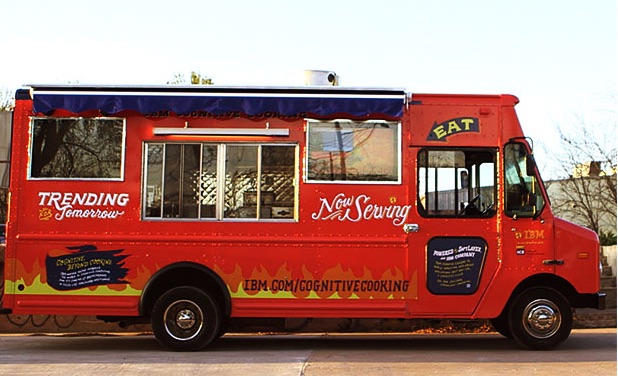
GFR: So Chef Watson comes to poutine as a blank canvass?
FP: Yeah, pretty much. We had to Google as many recipes as we could to give Watson an idea of what poutine could be.
GFR: If I am writing about a dish, I have to draw on a lot of intellectual resources in order to make a value judgement on it. How much of what Watson uses to make recipe choices is self generated?
FP: Let me describe the general interaction with Chef Watson when you use him to make a recipe. (And you can do this with the Chef Watson app, by the way.) So, Chef Watson will ask you what you want to cook, then you will give him one, two or three ingredients (if you give ten ingredients, then you already know what you want to cook, so I keep it simple), and Chef Watson will give you ideas and recipes cuisine styles that you can choose. If you start with potatoes, Chef Watson might suggest you make a poutine. If you start with poutine, Chef Watson might suggest you use ground beef or something. So these are the parameters: you choose one or more ingredients, a cuisine style, which could be Italian, Sri Lankan, Jamaican, and one or more dish type. Once Watson has that, it figures out what other dishes it needs to make that dish type: what makes a poutine a poutine, what makes a burger a burger, etc. So, it figures out all the combinations based on what ingredients are likely to go well together that are generated by your input.
GFR: Does it learn what I like? I mean would it know that I like spicy food?
FP: It will. We launched our beta version at the end of June, so before that we didn’t have any users to learn from. Now we’ve started to collect data about what users are making. Users can tell us what they like, and we’ll start using that in the recipe generation, so it will be personalized – definitely. And we’ve partnered with the Institute for Culinary Education in New York City, and their chefs have been working with us to help, us understand the recipe generation process and to help us test the recipes that Watson generates. In fact, we have written a cookbook, that will be released in April, that shows all the recipes we created with ICE.
GFR: This is a really interesting way to think about food. At first I was skeptical about a robot chef, and the idea of a computer making recipes. But what seems to be really going on is that Chef Watson is a tool. It’s a tool for human being to use to think about food in a different way. Is that fair?
FP: Yes, exactly. It’s not a computer making recipes. By itself, it makes nothing. It’s there to help you find inspiration and combinations of ingredients you might not have by yourself. You’re totally in control: you choose what you want to make. It’s really about a dialogue between the tool and the chef. Chef Watson is there to illustrate the discovery capabilities of Watson. Watson has been working in the healthcare field to try and find new drugs, for example. Chef Watson is an approachable version of cognitive computing that is geared towards consumers.
GFR: I wonder if the way we think about recipe databases, or cookbooks, will change as this sort of technology comes forward.
FP: I think there is the potential to change the model of what the cookbook is right now. Imagine if you could plug-in your cookbooks to Chef Watson and remix the recipes based on your personal preferences and constraints.
 Malcolm Jolley is a founding editor of Good Food Revolution and Executive Director of Good Food Media, the company that publishes it. Follow him on Twitter or Facebook.
Malcolm Jolley is a founding editor of Good Food Revolution and Executive Director of Good Food Media, the company that publishes it. Follow him on Twitter or Facebook.

